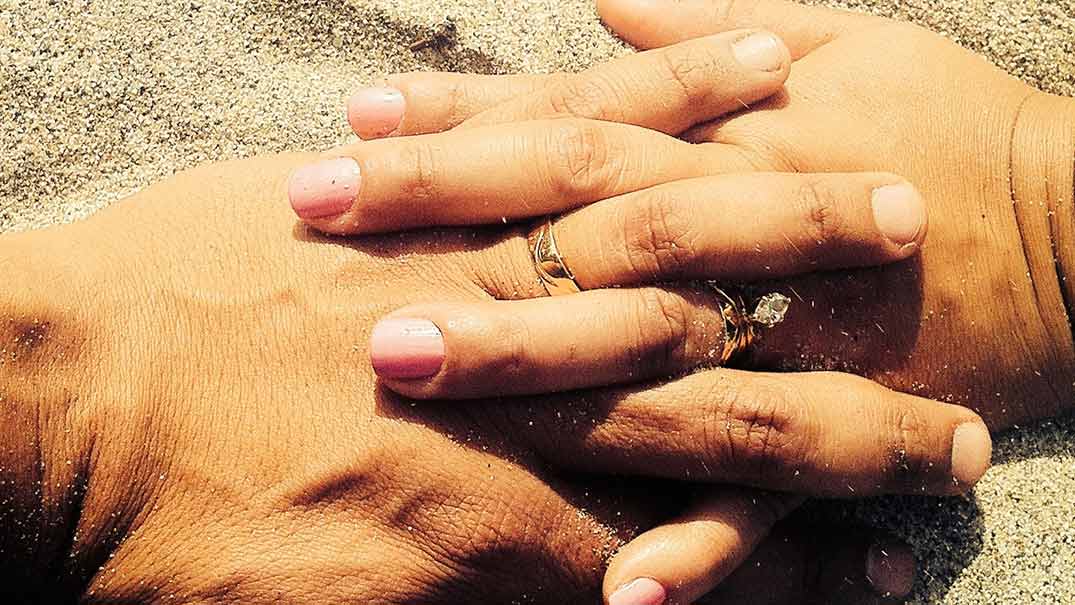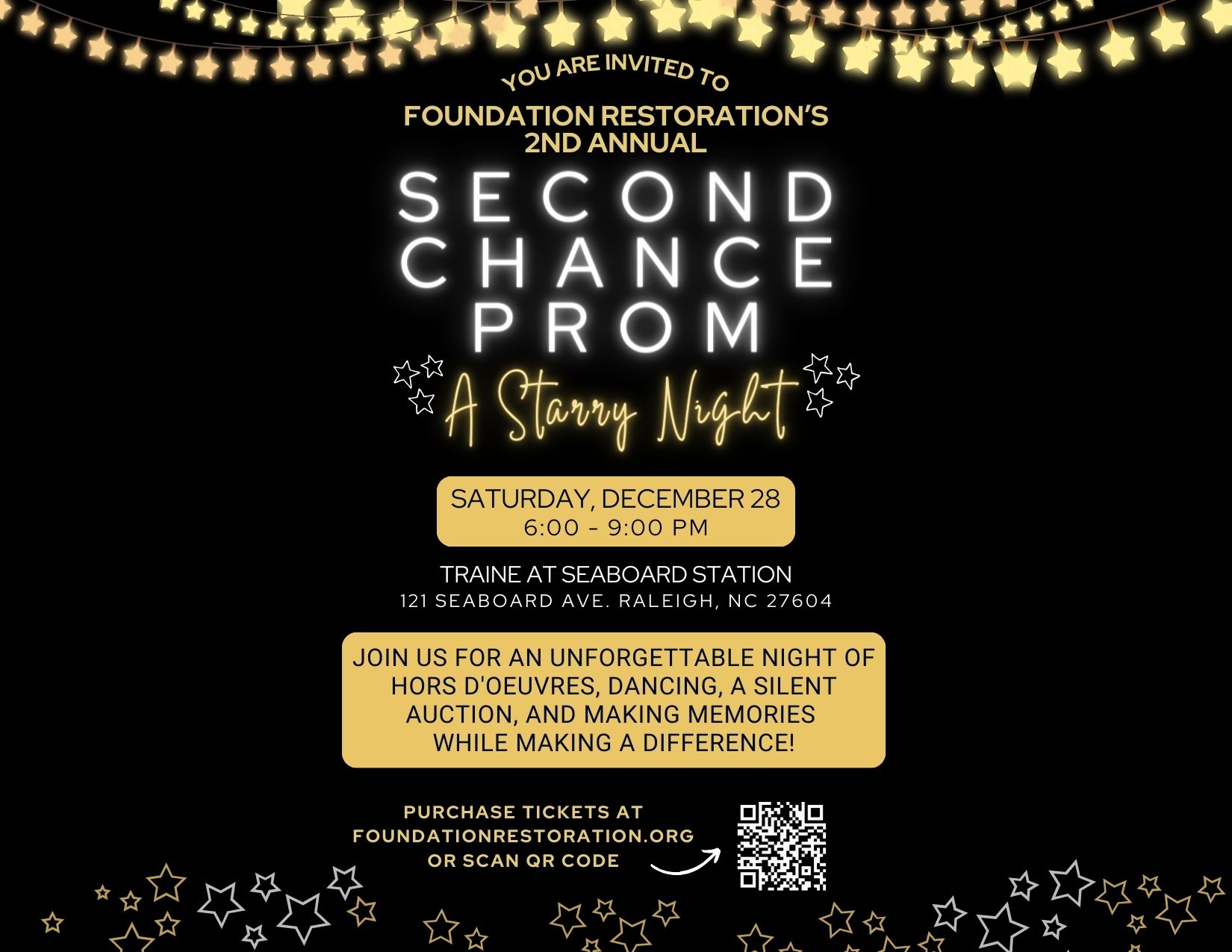The second of the Four Horsemen is defensiveness. Gottman defines defensiveness in The Marriage Clinic as “any attempt to defend oneself from a perceived attack” (p.44). A more practical definition I like to use is placing the blame on the other person and not accepting personal responsibility. As I mentioned in The Four Horsemen: Criticism, criticism often sparks defensiveness. Even though criticism should be avoided, it doesn’t give you a free pass to become defensive. Someone else’s actions aren’t an excuse for your behavior. We are each responsible for our own actions and reactions, and defensiveness is one of those reactions we should avoid for several reasons.
The Problem
The first and primary reason that defensiveness should be avoided is that is denies responsibility. Each one of us plays a part in any conflict whether we think we do or not. Even if it is a misunderstanding or faulty perception, there is validity to how someone feels, and there is often a reason for why they feel that way. Conflict doesn’t just appear out of thin air (although sometimes it feels that way); it is rooted in reality. Maybe our spouse has an insecurity and took something we said or did the wrong way based off of that insecurity. Are you off the hook? No! You are responsible for your part of the equation, and in this particular example, it would be important to be sensitive and nurturing to your spouse’s insecurity, acknowledge that more caution could be used in the future, and try to meet your spouse where they are at in order to resolve the situation. Personal responsibility is essential in every relationship and every marriage or nothing will be resolved.
That brings us to another problem with defensiveness; it breeds a victim mentality. A defensive mindset conveys a message that you are the innocent victim and your spouse is the culprit. Can you already see the problem with that? It ties back into the lack of responsibility – nothing is going to get resolved if both people don’t create space for one another, take responsibility for their parts, and work to lovingly resolve the conflict. The victim/culprit situation tends to fuel conflict because the “culprit” is just going to attack more when they realize you are playing the victim. Defensiveness only breeds more conflict. There is never an “innocent victim” because there is always some sort of truth to a conflict – it started somewhere.
In marriage you are a team, and conflict is meant to be a time where you productively air your concerns, share your feelings, seek better understanding of your spouse, and collectively resolve it together. It helps to realize that the point of fighting isn’t to win or cut your spouse down to size but rather to resolve. Conflict is an opportunity to cultivate intimacy. So, the next time your spouse (boyfriend, girlfriend, fiancé, mother, etc…this applies to any relationship) comes to you with a conflict, even if they come at you in an attacking manner, try to stop and ask yourself, “What is my part in this?”
The Antidote
What is the alternative to defensiveness? We’ve been talking about it already, but I will emphasize it for clarity. The alternative to defensiveness is responsibility. That means taking responsibility for the fact that you have a part in a conflict whether you want to or not. It also means taking that step back and asking yourself, “What part did I play in this conflict?” Defensive responses are childlike – whining, counter-criticizing, pouting – none of it is good.
It is so easy to get defensive, especially when we are feeling attacked. You can stop that cycle of attack, defend, attack, defend, etc. though. All you need to do is choose to take personal responsibility and lovingly try to understand what is at the core of the issue, which will lead to working together to resolve the conflict while building intimacy along the way.
Stay tuned for Part 3 of this series The Four Horsemen: Contempt!
If you missed Part 1, The Four Horsemen: Criticism, you can check it out by clicking here.
* If you would like to check out more on Gottman, you can view his website at: http://www.gottman.com/
*Gottman, J.M. (1999). The Marriage Clinic. New York: W.W. Norton & Company, Inc.
Copyright © 2011, Foundation Restoration. ALL RIGHTS RESERVED. No reproduction allowed without written permission from Foundation Restoration and/or the author.







[…] or Part 2 on Defensiveness? That’s alright! Click here for The Four Horsemen: Criticism, or click here for The Four Horsemen: […]